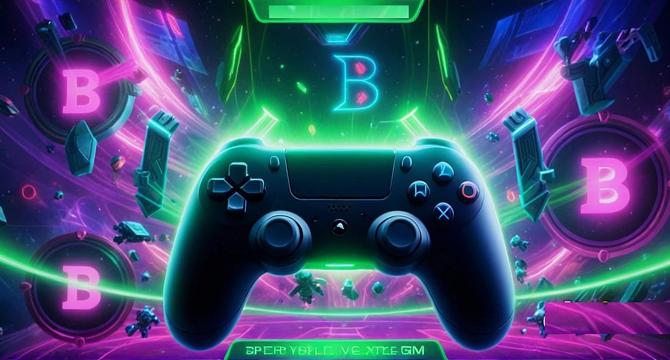Medium
10h
271

Image Credit: Medium
How Blockchain and Crypto Are Transforming the Gaming Industry
- Blockchain and cryptocurrency are revolutionizing the gaming industry by introducing true ownership of digital assets and new income-generating opportunities.
- Blockchain gaming allows players to own, trade, and earn from in-game assets through decentralized systems.
- This sector is projected to reach $854.4 billion by 2032, driven by transparency, security, and monetization opportunities.
- Key features of blockchain gaming include decentralization, transparency, true ownership, and play-to-earn models.
- Blockchain games leverage NFTs to give players true digital ownership, enabling asset trading across games and earning potential.
- The play-to-earn model in blockchain gaming allows players to earn cryptocurrencies or NFTs that can be sold, used, or invested.
- Blockchain ensures secure and transparent transactions, reduces fraud, and enables interoperability and cross-game asset utilization.
- Benefits for businesses include new revenue streams, community engagement, reduced fraud, global reach, and innovation opportunities.
- Challenges in blockchain gaming include scalability issues, user experience complexity, regulatory uncertainties, security risks, and market volatility.
- Key components of blockchain game development include choosing the right blockchain, implementing smart contracts, designing NFTs and tokenomics, and integrating with cryptocurrency exchanges.
Read Full Article
16 Likes
For uninterrupted reading, download the app